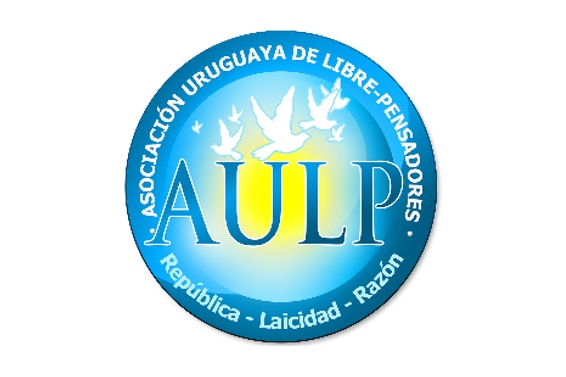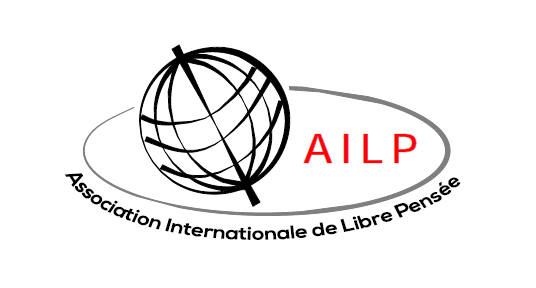


PUBLIC STATEMENT
Montevido, 2020 March 5.
On 2 March, one day after taking office, the President of the Republic Luis Alberto Lacalle Pou participated in a religious ceremony in the cathedral of Montevideo convened by the Episcopal Conference of Uruguay (Catholic Church) and five other religious organizations. The Secretary to the Presidency, Alvaro Delgado, and Secretary Rodrigo Ferrés also participated in the ceremony presided over by Cardinal Daniel Sturla. President Lacalle Pou was also accompanied on an official delegation by a number of cabinet ministers, including Jorge Larrañaga (Interior), Azucena Arbeleche (Economy and Finance), Javier García (National Defence), Pablo Bartol (Social Development), Luis Alberto Heber (Transport and Public Works), Carlos Marîa Uriarte (Livestock Farming and Fisheries) and Pablo Mieres (Labour and Social Security).
According to Uruguayan legislation, President Lacalle Pou is the head of state, as stipulated in art. 159 of the Constitution of the Republic: The President of the Republic shall have the representation of the State inside and outside the Republic. This implies that, by his investiture, he exercises the representativeness of the State in any place, time and circumstance, for the period for which he was elected by citizenship, without interruption, except those provided for temporary vacancy, according to the rules. In the opinion of the famous professor in constitutional law, Dr. Horacio Casinelli Muñoz – deceased- the rights and obligations and the representativeness of the President of the Republic, do not lapse until he definitively leaves power, Even being outside the country, he remains the head of state. Accordingly, the President of the Republic must comply with the provisions of art. Fifth of the Constitution of the Republic, in force since 1919, which simultaneously enshrines freedom of worship and the secular State: All religious cults are free.
Attacks on the secularity of the state and attempts at colonization by some religious organizations, and in particular by the Catholic Church, have been constant in recent decades, political party leaders with a high degree of responsibility – although there are grassroots leaders, activists and citizens in each of them, advocates of secularism – as well as national and departmental administrations or governments, because they have trivialized and contributed to distorting the concept of secularism.
In this sense, the realization of a Catholic Mass promoted by President José Mujica in December 2012, in which he also participated, for the purpose of praying for the health of Venezuelan President Hugo Chávez, constituted a serious violation of the borders of the secular state.
However, the religious ceremony of March 2, organized specifically to commemorate the inauguration of a new government, with the participation of the President of the Republic, is of an unusual gravity in our institutional life, in so far as it is the first time in 100 years of validity of the constitutional principle that consecrates the secular State, which is realized for this specific purpose, recalling the Te Deum of the nineteenth century, as recognized by Cardinal Daniel Sturla in statements to the press. The President of the Republic – as representative” or Head of State has broken down the borders of the secularity of the State and paves the way for confrontations, conflicts of power and spaces in the state orbit – including the state budget, seen as the booty of piracy, of the various religious congregations and societies.
Another evidence of the violation of the secularity of the State – even if without it, the violation would still have been proven, is the publication of the religious ceremony on the website of the Presidency of the Republic, including numerous photos of the event, as well as official Facebook and Twitter social media accounts. Likewise, the Catholic Church boasted of this event, highlighting the participation of President Lacalle Pou and part of his government team, through its media.
Faced with this fact, the Uruguayan Association of Free Thinkers (AULP) and the Civil Association 20 September, members of the International Association of Free Thought (IAFT),
DECLARE
- To denounce the violation of the secularity of the State by the President of the Republic, Luis Lacalle Pou, during the religious ceremony of March 2, 2020. In his capacity as head or representative of the State (Art. 159 of the Constitution of the Republic), whose duties, functions and obligations he has violated throughout his term of office. 5º of the Magna Carta which states: “The State does not support any religion.”
- To afirm that the concepts of secularism and secularism are intimately linked. The first is the principle that establishes the separation of the religious conceptions of the State and, consequently, the space of civil society in which believers and non-believers can express themselves freely under conditions of equality. While secularism is the doctrine that nourishes secularism.
- To reject the theses of the Catholic Church of the call “positive secularism” or “inclusive”, as well as the finding that it makes an apparent contradiction between secularism and secularism, as a distortion of concepts, with the aim of destroying and monopolizing secularism, by establishing conditions of domination.
- to warn citizens of the colonization strategy of the Catholic Church, which, in open competition with other religious expressions that have developed in recent decades, among these, the Pentecostal churches and their links with power in several Latin American countries and also in Uruguay, or others related to new age culture, seek to recover and gain spaces of power, which includes the demand for larger direct or indirect transfers from the state budget; beyond the religious, this affair is also “for money”.
- to warn the various religious organizations of the colonizing strategy of the Catholic Church, which selects only a few interlocutors to legitimize its objectives and, at the same time, segregate organizations that do not suit it for its objectives. Recall that shortly after assuming the office of Archbishop of Montevideo, Daniel Sturla proposed the creation of a “Office of Religious Affairs”, according to him, with the power to determine which cults are valid, grossly and shamelessly violating the freedom of worship enshrined in the Constitution of the Republic, recalling the infamous Tribunal of the Inquisition.
- To warn citizens against the attacks on secularism and the cracks that are being made in the secular state are ultimately a blow to the peaceful, tolerant and harmonious coexistence between members of society. Violations of secularism lead to the establishment of a group of people who enjoy privileges – those who are part of the feast and the sharing of the state budget – and other segregated sectors of society. Breaking down the walls of the secular state amounts to classifying citizenship in categories A, B or C of sad memory in the recent history of Uruguay and the region, establishing conditions of domination, segregation and violation of rights, whether for social, religious or sexual reasons.
- To Call for the responsibility of the leaders of political parties and social organizations – as representatives of the social and political body of our country – to assume the defence of secularism and the secular state, as a means of guaranteeing the rights of all citizens.
- Call on all citizens to actively defend secularism and the secular state, for it is the republican and secular institution that offers all the guarantees for peaceful and harmonious coexistence, avoiding the constraints of supremacy and segregation. Republican and secular institutions allow society to find ways for the search for the common good.
Uruguayan Association of Free Thought – Civil Association of 20 September –
International Association of Free Thought (IAFT/AILP)
[Google trans]